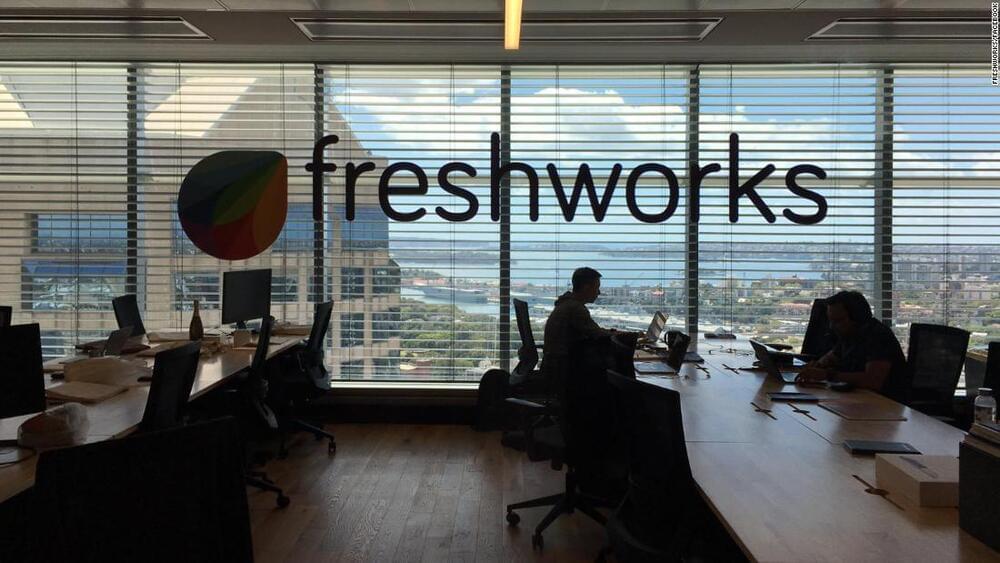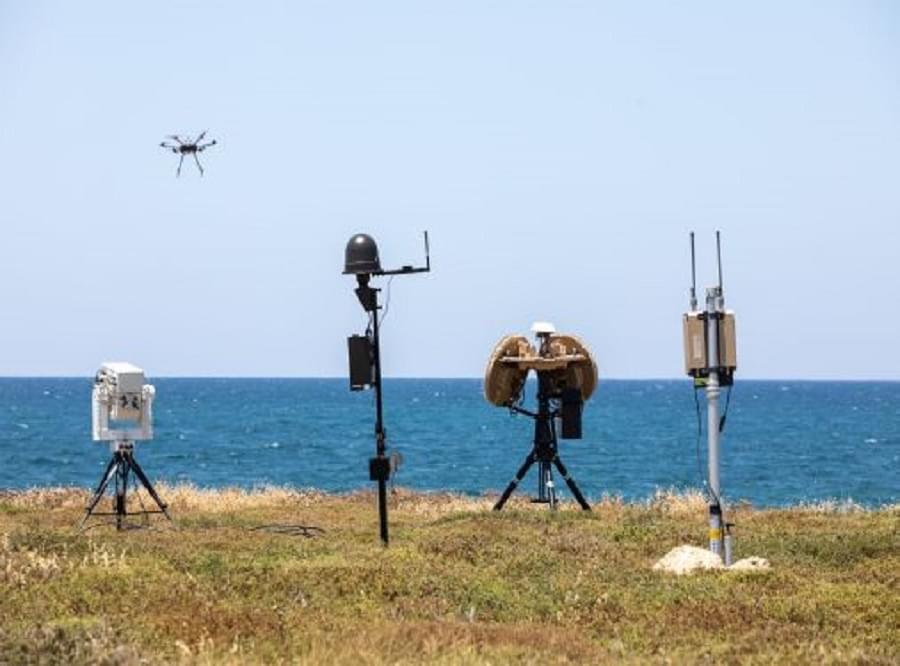Re-Imagining Health and Wellbeing — Lisa Esch & Dr. Michael Petersen, M.D., NTT.
The Nippon Telegraph and Telephone Corporation (https://hello.global.ntt/en-us/), commonly known as NTT, is a Japanese telecommunications company headquartered in Tokyo, Japan.
NTT DATA Services (https://www.nttdata.com/global/en), is a global digital business and IT services leader focused on a range of business services, including cloud, data and applications, and which has recently embarked on an ambitious new initiative, as part of their goal “To Change The Future For Good”, towards Re-Imagining Health and Well-Being, towards what NTT defines as a more human-empowered, knowledge-driven and technology-enabled approach (https://www.global.ntt/healthandwellbeing/).
Lisa Esch is Senior Vice President-Healthcare Provider, Digital Health, Innovation, & Industry Offerings, at NTT DATA Services, where she oversees solutions and offering development, as well as their Go-To-Market strategy within the vertical and serves as the subject matter expert in the client engagements.
Lisa has an extensive background in disruptive technologies, healthcare innovation, strategic planning, and business process improvement.
Before joining NTT Data Services, Lisa was a Senior Healthcare Executive with DXC Technology, and Computer Science Corporation, where she served as the Chief Innovation Officer-Providr Healthcare.
Along with her executive career, Lisa has served on the boards for Empower Education International, Children’s Heart Alliance, Head Start Health, and Student for Student. She began her healthcare career as a Registered Dietitian.
Lisa graduated with a Bachelor of Science in Nutrition, from the University of Nebraska, Lincoln, and completed Graduate Studies in Public Administration from the University of Colorado at Colorado Springs. Lisa is Yellow Belt Certified in Spartans Sales Training and holds a Certificate in Medical Nutrition & Dietetic Internship from the University of Nebraska Medical Center.









